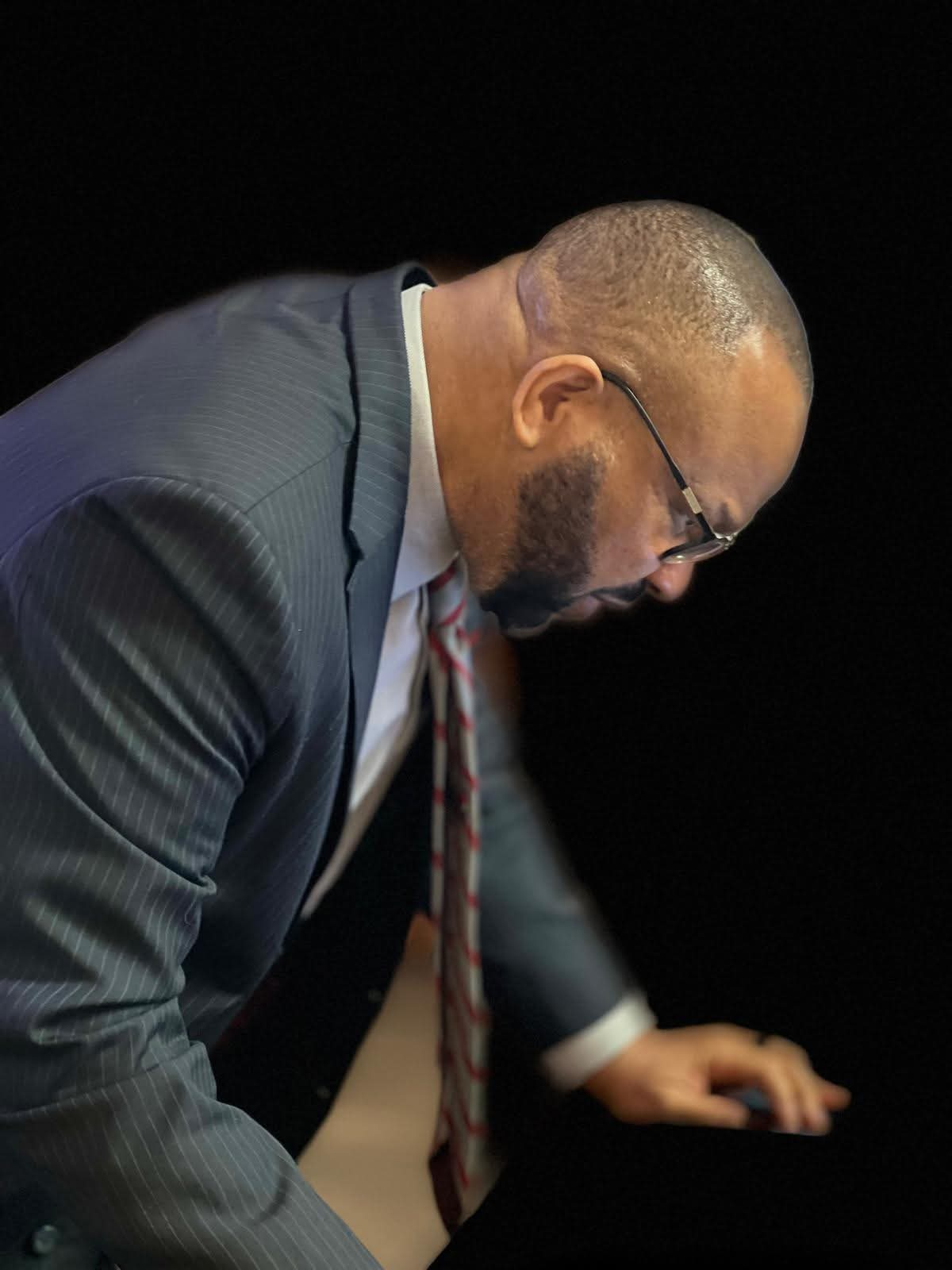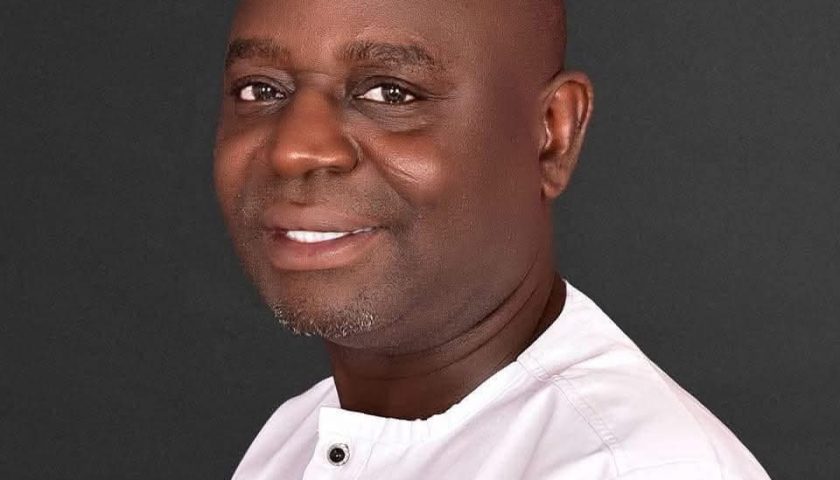By Prof. Alex O. Akpodiete Alex@Atawa.AI
In 1983, as a 15-year-old Nigerian immigrant beginning university in the United States, I faced a puzzling dilemma: what to study.
Back in Nigeria, students chose a career track by their third year in secondary school—either sciences or arts. Since my father was a judge-turned-lawyer, law seemed a natural path.
But I soon discovered that in America, law was a graduate degree.I tried psychology and criminology, but they felt too easy. Then I stumbled across computers—and thought I had found my calling.
But there was a catch: to study computer science, I needed physics, calculus, linear algebra, and differential equations. The thought terrified me.
Mathematics, as it was taught in Africa, felt like rocket science—abstract, intimidating, and unforgiving.
Yet, giving up was not in my nature. With scholarship eligibility within reach, I turned to the Computer/Math lab and started from scratch with algebra.
There, I met a young tutor who explained math in such simple, practical terms that I blurted out in Pidgin English: “Na so e be? And dem dey make am hard for Naija!” Translation: “So this is all it is? And they make it so hard back home?”
That moment changed everything. I pushed through the fear, completed the requirements, and graduated with a degree in computer science from Florida State University.
Even when I briefly pursued a Ph.D. in the field, the lesson stayed with me: never make the simple seem impossible.
Later, I became certified to teach both math and computer science and occasionally worked as a substitute teacher at elementary and secondary schools, and finally a University professor.
My mission was always the same—simplify complex concepts for students.
Years later, when I entered law school at the University of Miami, my math background gave me an edge. Logical reasoning, problem-solving, and even the Law School Admission test (LSAT) itself came more naturally because of the foundation math had built.
Out of the entire law school class, only two of us had computer science degrees—we stood out as “odd,” but that oddness became a strength.
The Lesson
Mathematics builds a foundation that extends far beyond equations and formulas. It teaches structure, resilience, and logical thinking—skills that serve in every field, from law to business to technology.
But here is the caveat: while mathematics matters, not everyone should teach it. A poor teacher can turn a subject into a lifelong fear, while a good teacher can transform it into a tool of empowerment. My journey is proof that math itself wasn’t the problem—it was how it was taught.Do you agree with me?
Prof. Alex O. Akpodiete – Alex@Atawa.AI





